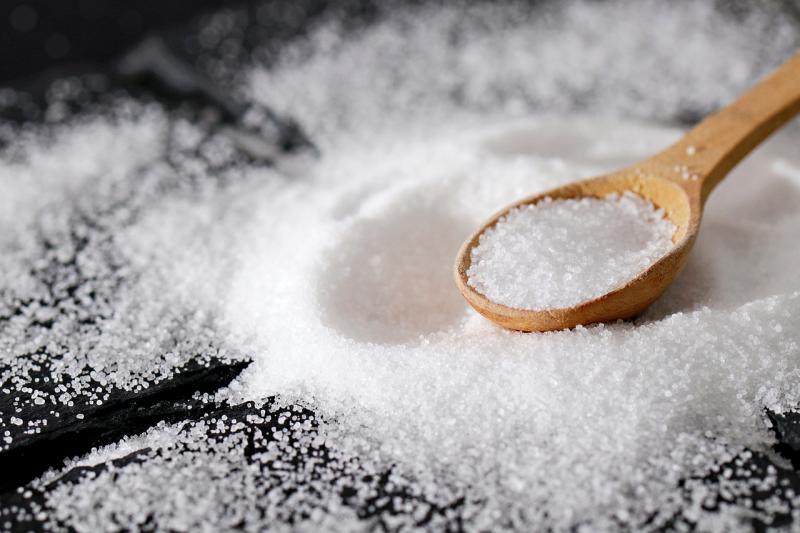
It is used as the main flavor enhancer of food, which is why it is replaceable in the kitchen. Without this mixture of sodium and chloride, many of your favorite foods and meals would be practically tasteless.
Although it is a mineral that is necessary for the human body to function normally, it should not be overdone.
Our body needs very little salt, much less than we consume on average per day. Recommended daily salt intake should not exceed 5 grams.
Since too much salt in the body can lead to many health problems, especially those related to the cardiovascular system and kidneys, it is important to recognize the symptoms of excessive intake of this mineral in time.
If you have any of the following seven symptoms, there is a good chance that there is too much salt in your body.
A headache
It is not uncommon for excess salt in your body to be the main culprit for frequent headaches.
Great thirst
After a large intake of salt, your kidneys must excrete all the excess of this mineral from the body, which requires a lot of fluids.
Swollen face
Do you wake up with a swollen face the day after eating something very salty? Namely, it binds to itself the water that accumulates in the cells, which causes swelling.
Weight gain
As salt intake increases, so does the amount of water needed to reject excess of this mineral. When our body needs larger reserves of water, it is inevitable that it will also affect body weight.
High blood pressure
Excessive salt intake can increase blood pressure, and thus the risk of cardiovascular disease.
Flatulence
Salty meals tend to cause uncomfortable bloating, as well as swelling of the fingers or toes.
Kidney stone
Constantly high levels of salt concentration in the body can cause the formation of small crystals in the kidneys, because there is an increased amount of calcium in the urine, and with the growth of these crystals leads to the formation of kidney stones, a very inconvenient disease.

